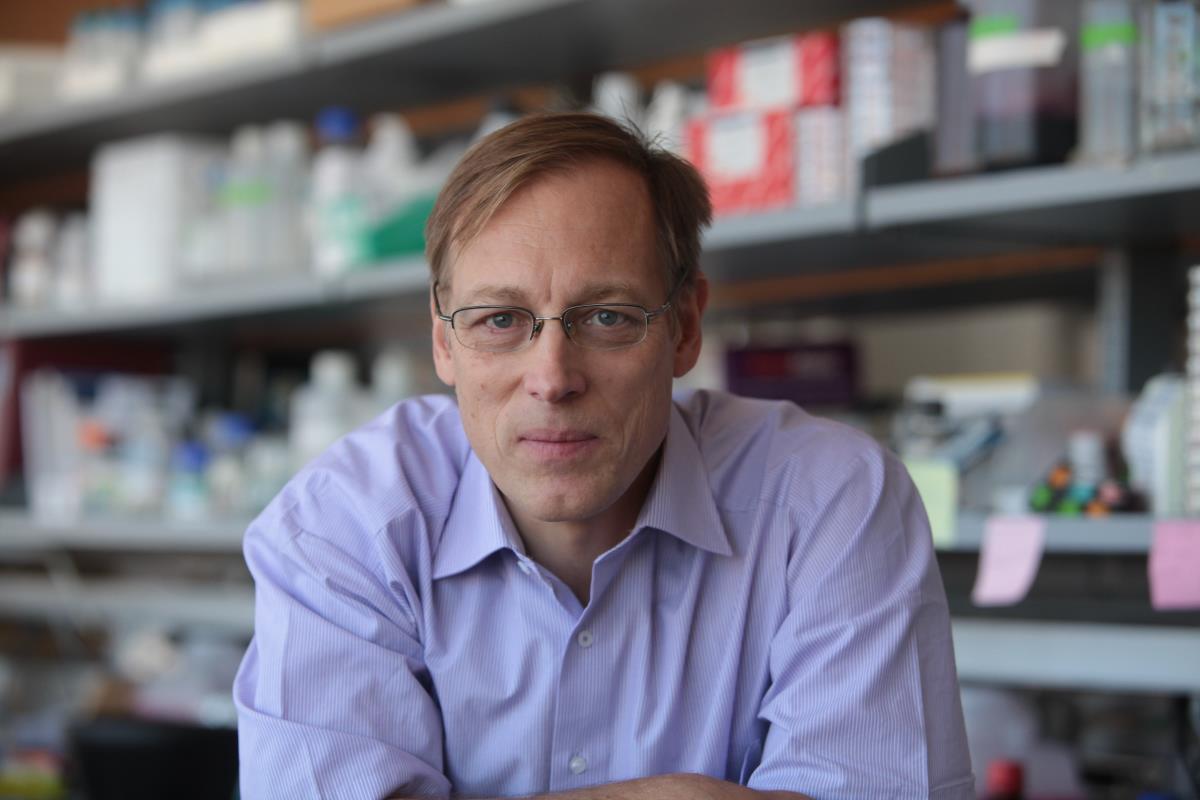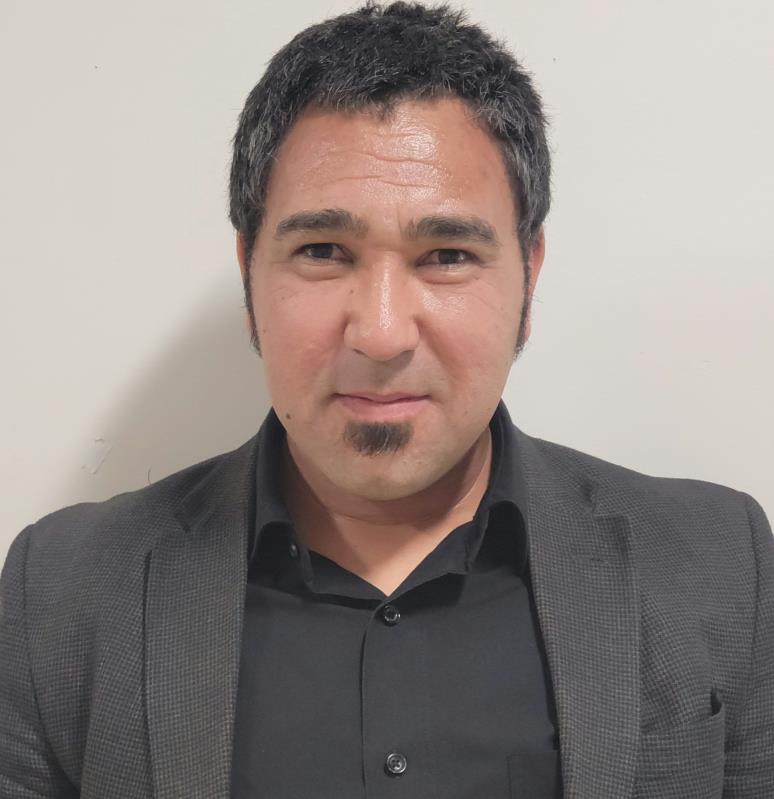6/17/2025
6/17/2025
Changes in cellular behavior underlie development, disease, and homeostasis. The response of cells to external factors depends upon the synthesis, degradation, and modification of genes and proteins. These regulated events…
6/17/2025
The broad interest of the Jiang lab is how gene regulation at the chromatin, transcriptional, and post-transcriptional levels controls the stability and plasticity of cell identity, how dysregulation of these…
6/17/2025
My lab investigates the molecular mechanisms that control how cells manage protein biogenesis and adapt to stress, with broad implications for human disease. 1. Cell Dormancy – We study the…
6/17/2025
Introduction: Mitochondria are often pictured in biology texts as static, individual organelles, when in reality they form highly dynamic and mobile networks constantly undergoing fusion and fission. Research in the last…
6/17/2025
The research interests in the Kaya Lab lie in the mechanistic understanding of pathways regulating cellular aging and age-related disease progression. We believe that a strong understanding of biological problems…
6/17/2025
6/17/2025
Our research focuses on cancer with a special interest in glioblastoma, the most aggressive tumor type of the brain which to date is still considered a deadly disease. Our lab…
6/17/2025
Targeted therapy: by serendipity, we identified a novel oncogene, and found that multiple cancers are addicted to its activity. This oncogene addiction is evidenced in glioblastoma, pediatric sarcoma, and others.…
6/17/2025
Epigenetic changes accompany an individual’s development, aging, and disease. They’re particularly significant markers for cancer’s onset and progression, posing substantial therapeutic challenges. Increasing evidence suggests that DNA replication stress leads…










